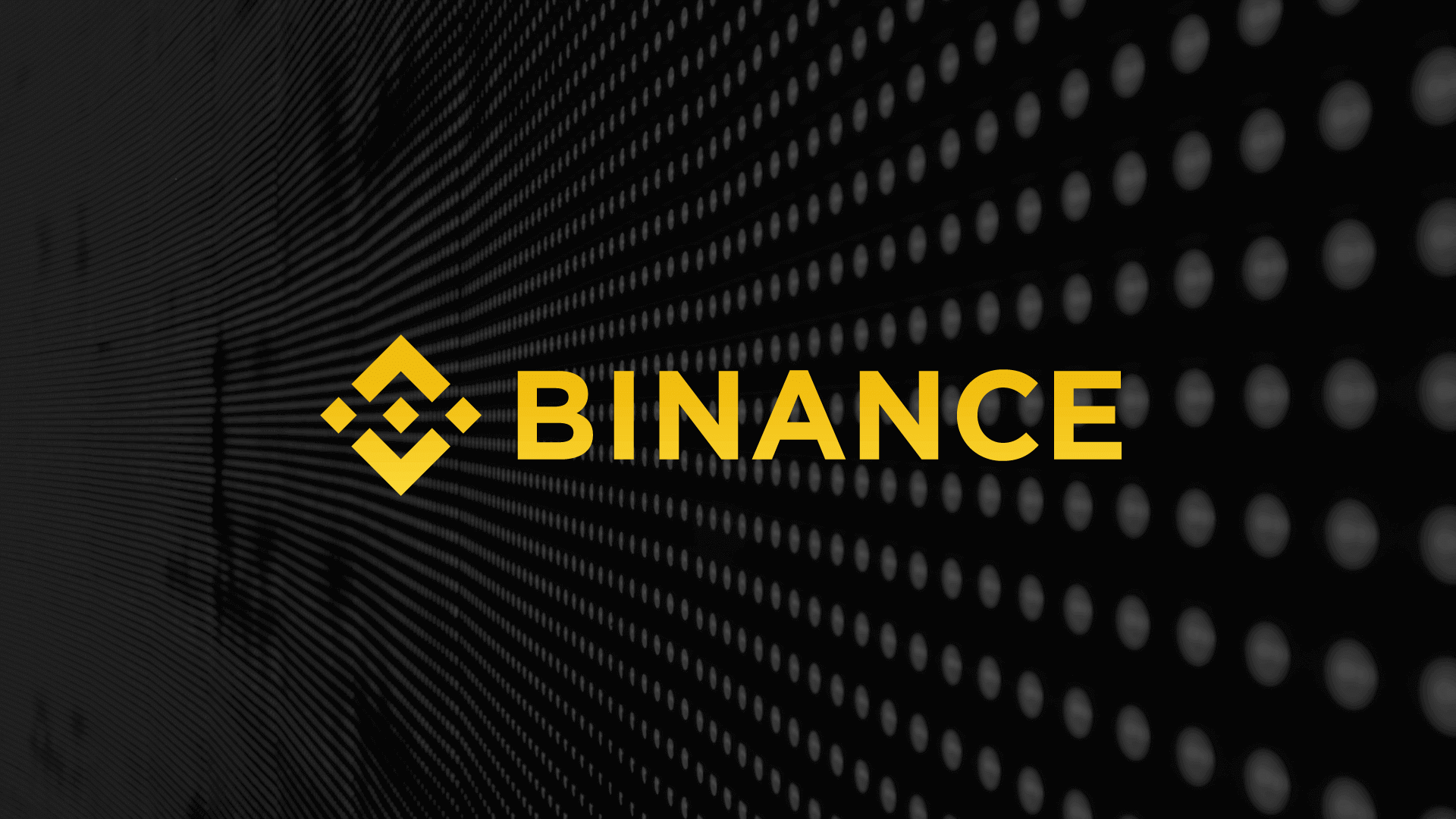Binance Hits Mind-Blowing Record of $100 Trillion Trading Volume
25.09.2024 12:00 1 min. read Alexander Zdravkov
Binance has achieved a significant milestone, with CEO Richard Teng announcing that the exchange has surpassed an astonishing trading volume of $100 trillion.
This achievement, shared via social media, positions Binance in a unique category, setting a record that dwarfs major financial indicators, including the entire market capitalization of the S&P 500.
This remarkable figure is double that of a crucial U.S. stock market index, reinforcing Binance’s dominant position in the cryptocurrency arena and showcasing its ability to consistently outperform rivals.
Founded in 2017 by Changpeng Zhao (CZ), Binance has grown from its modest origins to a powerhouse in the industry, driven by its user-friendly platform and appealing fee structure. After successfully raising $15 million through an initial coin offering, Binance utilized these funds to propel its rapid expansion globally.
Despite facing significant hurdles—such as a 7,000 BTC security breach, regulatory challenges, and a hefty $4 billion penalty—Binance has not only persevered but thrived. Even the recent arrest of its founder has not deterred the company.
Currently, it boasts a trading volume of $13 billion, which, while below its usual figures, is still eight times greater than that of its closest competitor, underscoring the remarkable journey Binance has undertaken.
-
1
SoFi Returns to Crypto with Trading, Staking, and Blockchain Transfers
27.06.2025 8:00 1 min. read -
2
GENIUS Act Could Reshape Legal Battle over TerraUSD and LUNA Tokens
30.06.2025 9:00 1 min. read -
3
Whales Buy the Dip as Retail Panics: This Week in Crypto
29.06.2025 14:00 3 min. read -
4
History Shows War Panic Selling Hurts Crypto Traders
28.06.2025 18:30 3 min. read -
5
Ripple Faces Legal Setback as Court Rejects Bid to Ease Penalties
26.06.2025 16:54 1 min. read
Citigroup Explores Launching Stablecoin as Banks Embrace Crypto Shift
Citigroup is evaluating the potential launch of its own U.S. dollar-backed stablecoin, signaling a growing shift in sentiment among traditional financial institutions toward digital assets.
JPMorgan CEO Jamie Dimon Comments Stablecoins
JPMorgan Chase CEO Jamie Dimon remains skeptical of stablecoins—but says ignoring them isn’t an option for the world’s most powerful bank.
Crypto Cycles are Evolving: Analyst Explains Why Old Patterns no Longer Work
According to crypto analyst Atlas, the traditional four-year cycle that once defined Bitcoin and altcoin market behavior is now obsolete.
Kraken Launches U.S. Crypto Derivatives Platform, Eyes Broader Market Expansion
Kraken has officially launched its U.S.-regulated crypto derivatives platform, marking a major step toward merging traditional finance tools with digital asset markets.
-
1
SoFi Returns to Crypto with Trading, Staking, and Blockchain Transfers
27.06.2025 8:00 1 min. read -
2
GENIUS Act Could Reshape Legal Battle over TerraUSD and LUNA Tokens
30.06.2025 9:00 1 min. read -
3
Whales Buy the Dip as Retail Panics: This Week in Crypto
29.06.2025 14:00 3 min. read -
4
History Shows War Panic Selling Hurts Crypto Traders
28.06.2025 18:30 3 min. read -
5
Ripple Faces Legal Setback as Court Rejects Bid to Ease Penalties
26.06.2025 16:54 1 min. read


